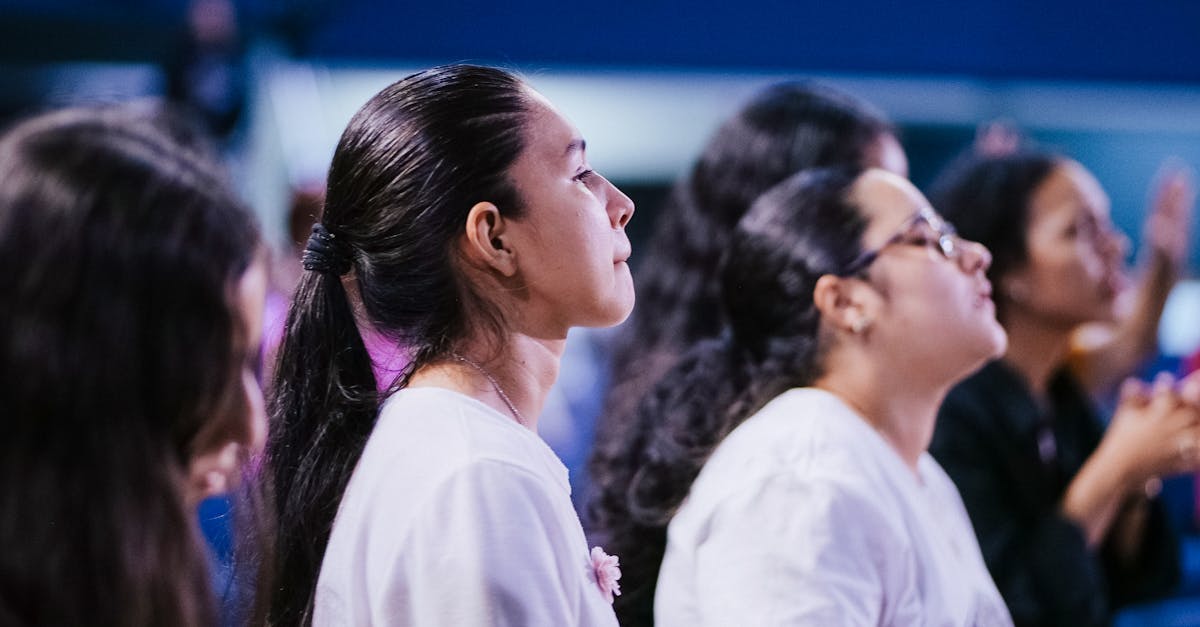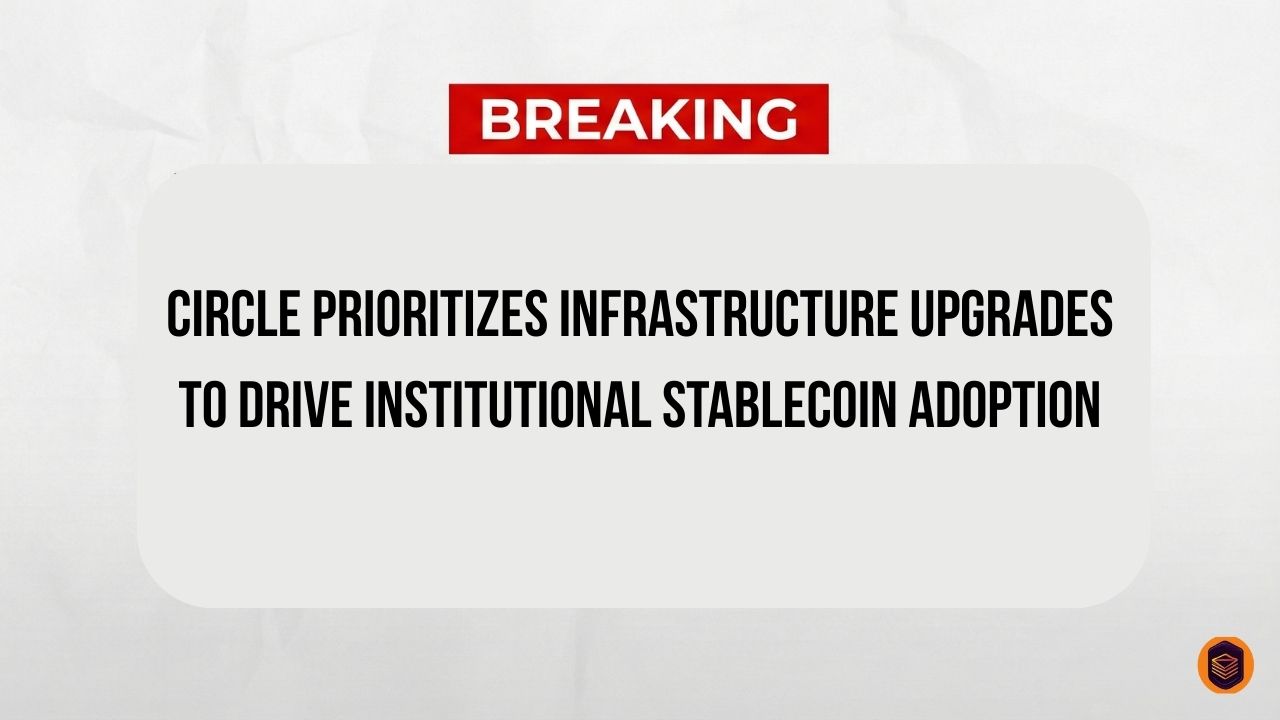Pakistan is making a bold move to become a major player in the global crypto space, directly inviting leading international cryptocurrency exchanges and virtual asset service providers (VASPs) to set up shop in the country.
On Saturday, the newly established Pakistan Virtual Asset Regulatory Authority (PVARA) launched a formal process, known as an Expression of Interest (EoI), for crypto firms to apply for licenses under a new federal framework. This push signals a major shift, as the nation, already a top-tier crypto adopter, aims to transform into a regulated hub for digital asset services.
See also: Africa Bitcoin Corporation Goes Live on JSE, Secures $633,000 in Landmark BTC Treasury Fundraise
This isn’t just a casual invitation. PVARA is setting a high bar, stipulating that eligible firms must already hold licenses from recognized international regulators. We’re talking heavy hitters here: the US Securities and Exchange Commission (SEC), the UK Financial Conduct Authority (FCA), the EU’s VASP framework, the UAE’s Virtual Assets Regulatory Authority (VARA), and the Monetary Authority of Singapore (MAS) are all on the list.
The EoI demands comprehensive submissions, requiring detailed company profiles, existing licenses and jurisdictions, proposed services (from trading and custody to payments), stringent technology and security standards, assets under management (AUM), revenues, a robust compliance track record, and a tailored, Pakistan-specific business model. It’s a clear signal: PVARA aims to attract only the most established and compliant players, emphasizing both market integrity and innovation.

Now here’s where it gets interesting, and frankly, what really caught my attention as someone who’s covered this space for years. This is more about about strategic national development.
Bilal bin Saqib, the influential PVARA chair and Minister of State for Crypto and Blockchain, didn’t mince words.
“This EoI is our invitation to the world’s leading VASPs to partner in building a transparent and inclusive digital financial future for Pakistan,” he declared, his statement echoing a clear vision for a regulated, yet vibrant, crypto ecosystem. This isn’t just a bureaucratic exercise; it’s a call for collaboration on a grand scale, aiming to integrate digital assets into the very fabric of Pakistan’s financial future.
PVARA, which was established under the Virtual Assets Ordinance 2025, isn’t just a new kid on the block but it’s a carefully designed entity.
Its core mandate involves licensing, regulating, and supervising VASPs in strict adherence to global standards set by the Financial Action Task Force (FATF), the International Monetary Fund (IMF), and the World Bank. The framework itself explicitly targets curbing illicit finance while simultaneously unlocking massive opportunities in fintech, remittances, and asset tokenization, including, notably, Shariah-compliant products via regulatory sandboxes. This nuanced approach demonstrates a deep understanding of both the risks and the immense potential.
Pakistan’s journey to this point has been nothing short of remarkable. As Cointelegraph reported, the nation surged to the third spot in Chainalysis’ 2025 Global Crypto Adoption Index, climbing an impressive six places and solidifying its position as one of the world’s fastest-growing crypto markets.
Earlier this year, Cointelegraph highlighted Pakistan’s announcement of plans to establish a government-led Bitcoin Strategic Reserve. Bilal Bin Saqib, whose vision for the country’s digital future has been consistently clear, has previously indicated that this initiative reflects Pakistan’s new pro-crypto regulatory approach.
The commitment extends beyond mere regulation; the country also earmarked a colossal 2,000 megawatts of surplus electricity specifically for Bitcoin (BTC) mining and AI centers. Spearheaded by the Pakistan Crypto Council and backed by the Ministry of Finance, really underscores the strategic importance Pakistan places on digital assets and blockchain technology. However, it hasn’t been without its challenges.
The IMF, in July, expressed concerns regarding Pakistan’s plan to use surplus electricity for crypto mining, ultimately rejecting a proposal to offer subsidized power to energy-intensive industries. This pushback highlights the delicate balance Pakistan must maintain as it navigates global financial relationships while forging its own digital destiny.
You can also join our Telegram community where you can learn all you want to know about the cryptocurrency space, defi, web3, and airdrop opportunities and also have access to live AMA sessions from experts, click the button below to join Dipprofit Telegram Community
Discover more from Dipprofit
Subscribe to get the latest posts sent to your email.



